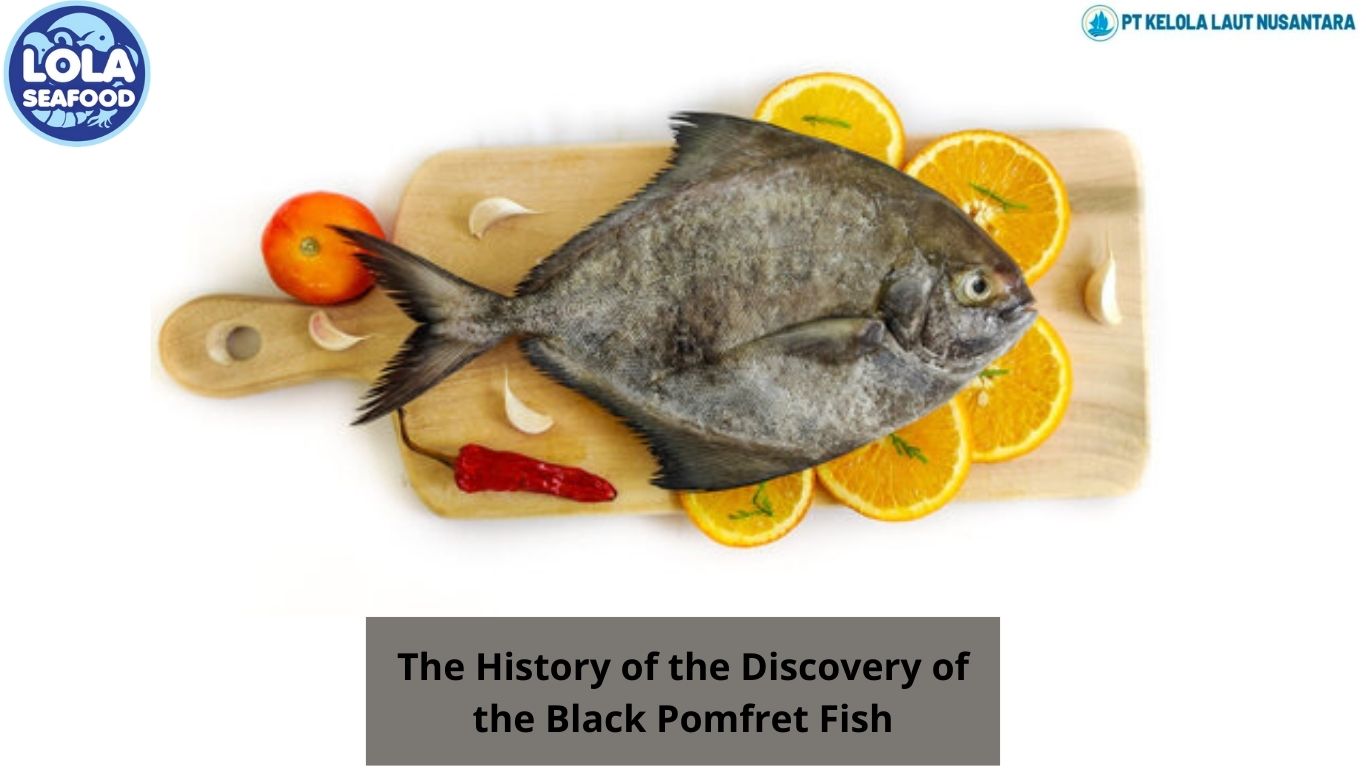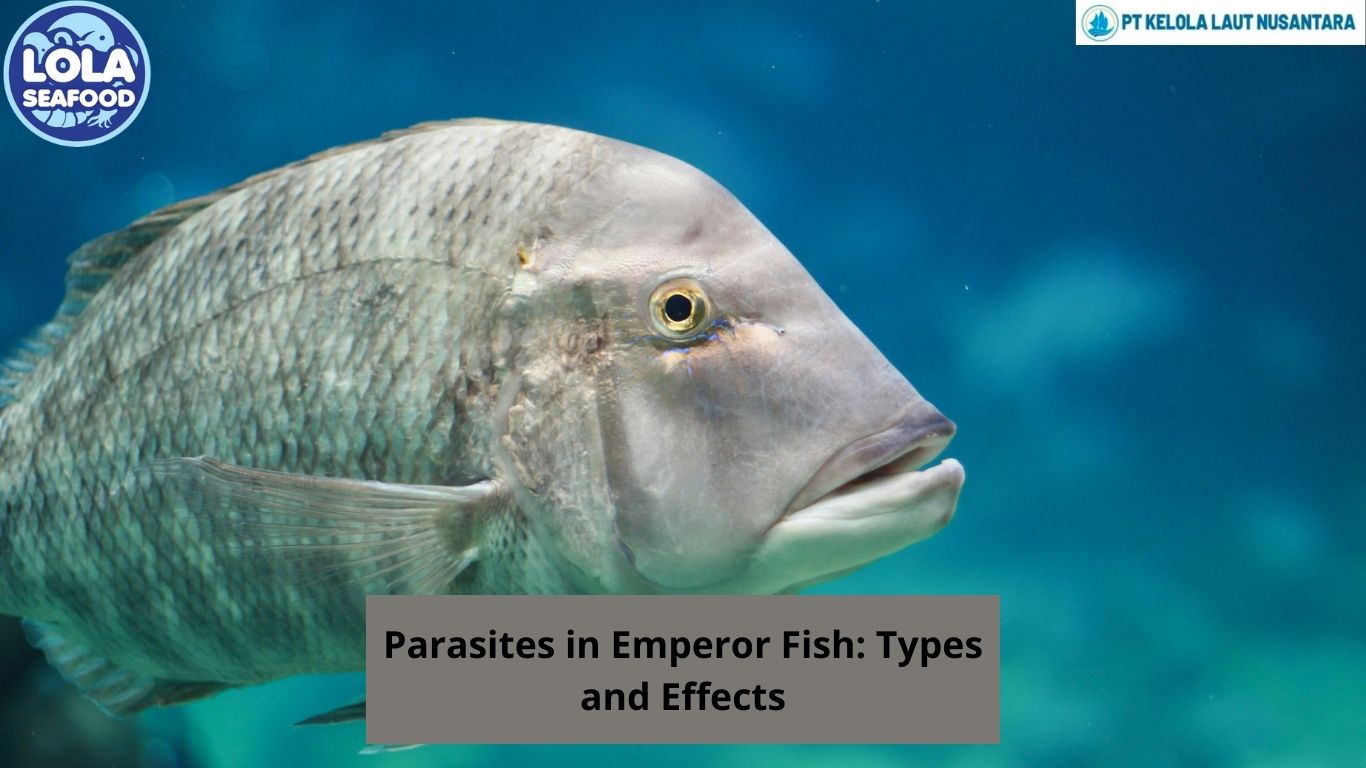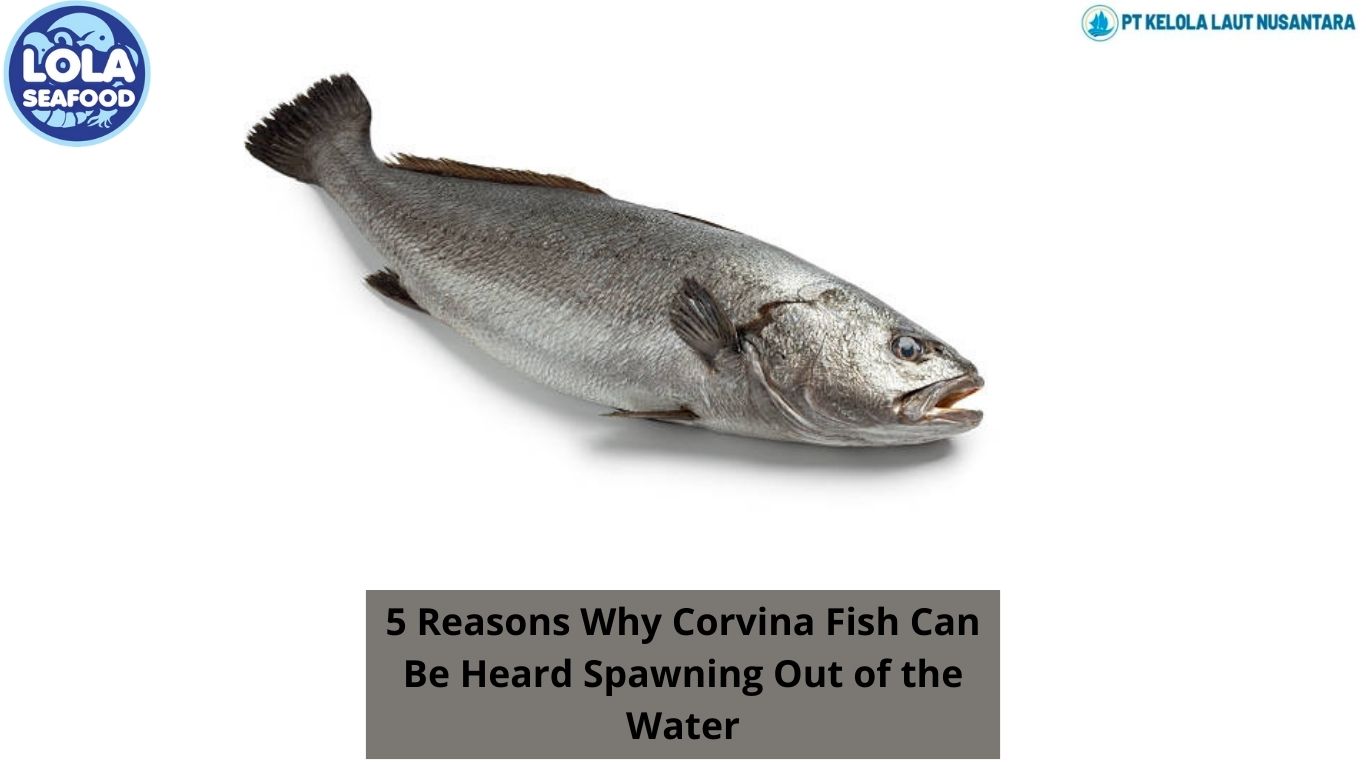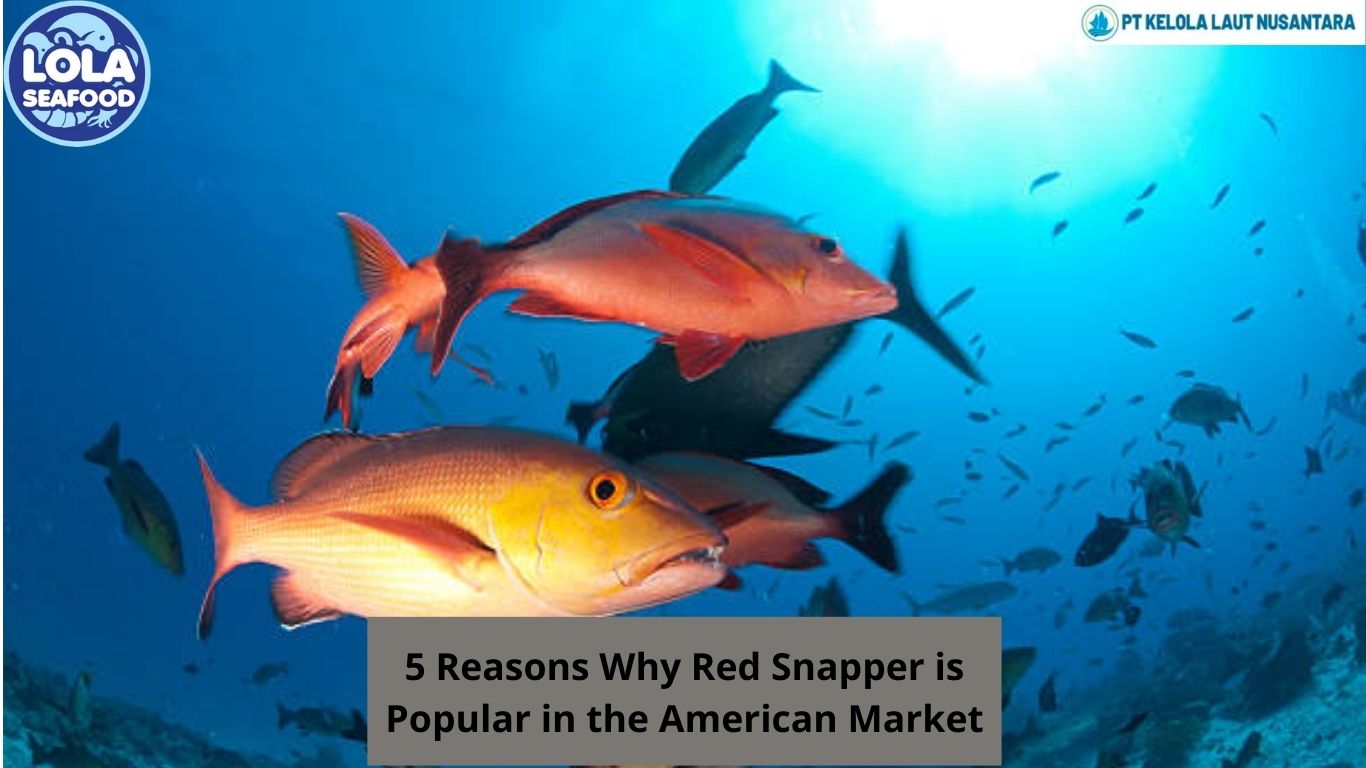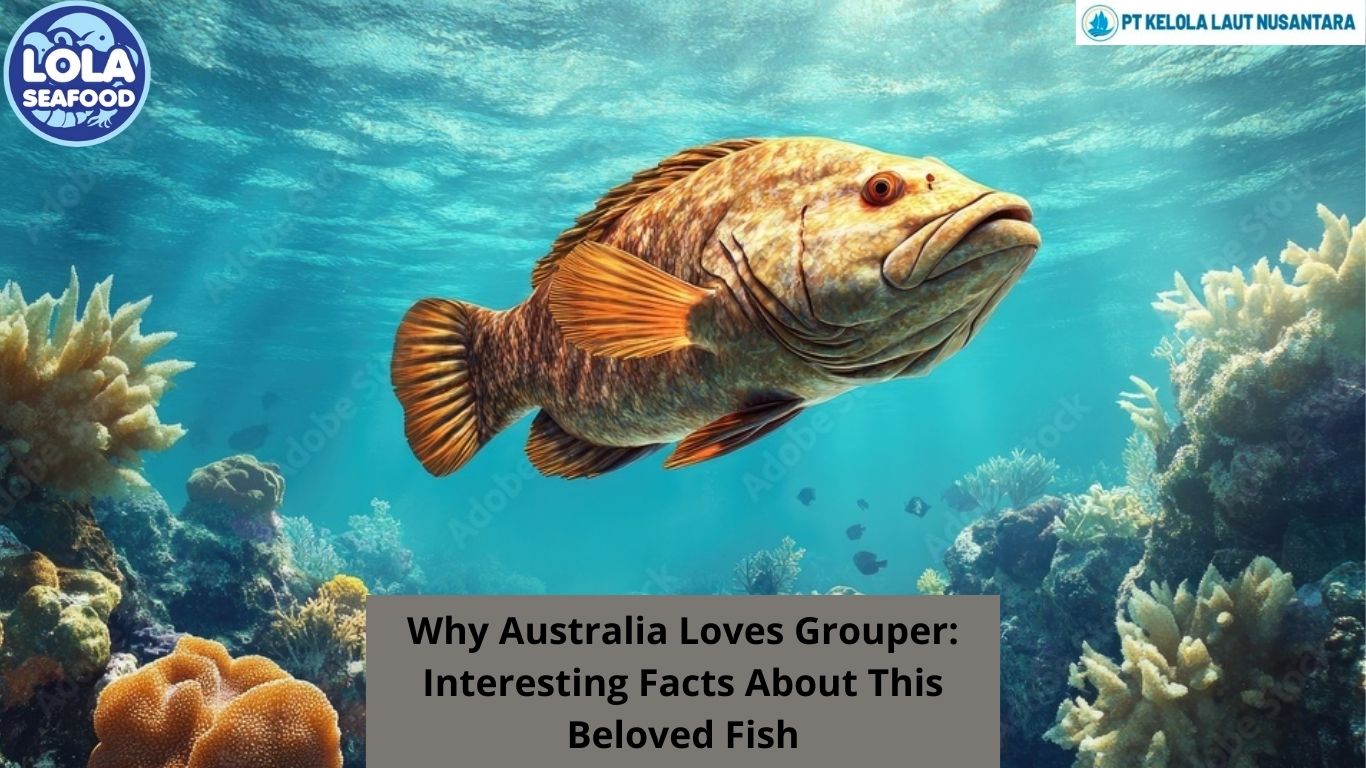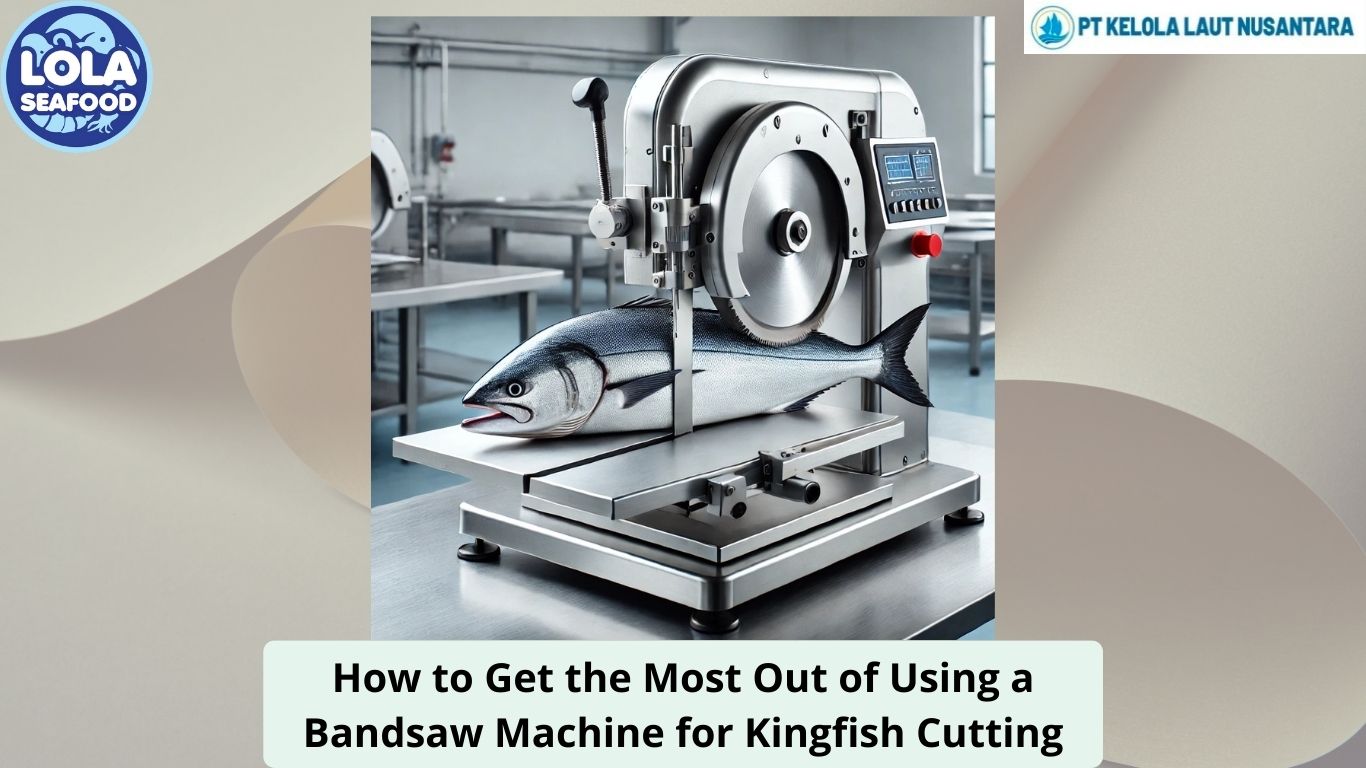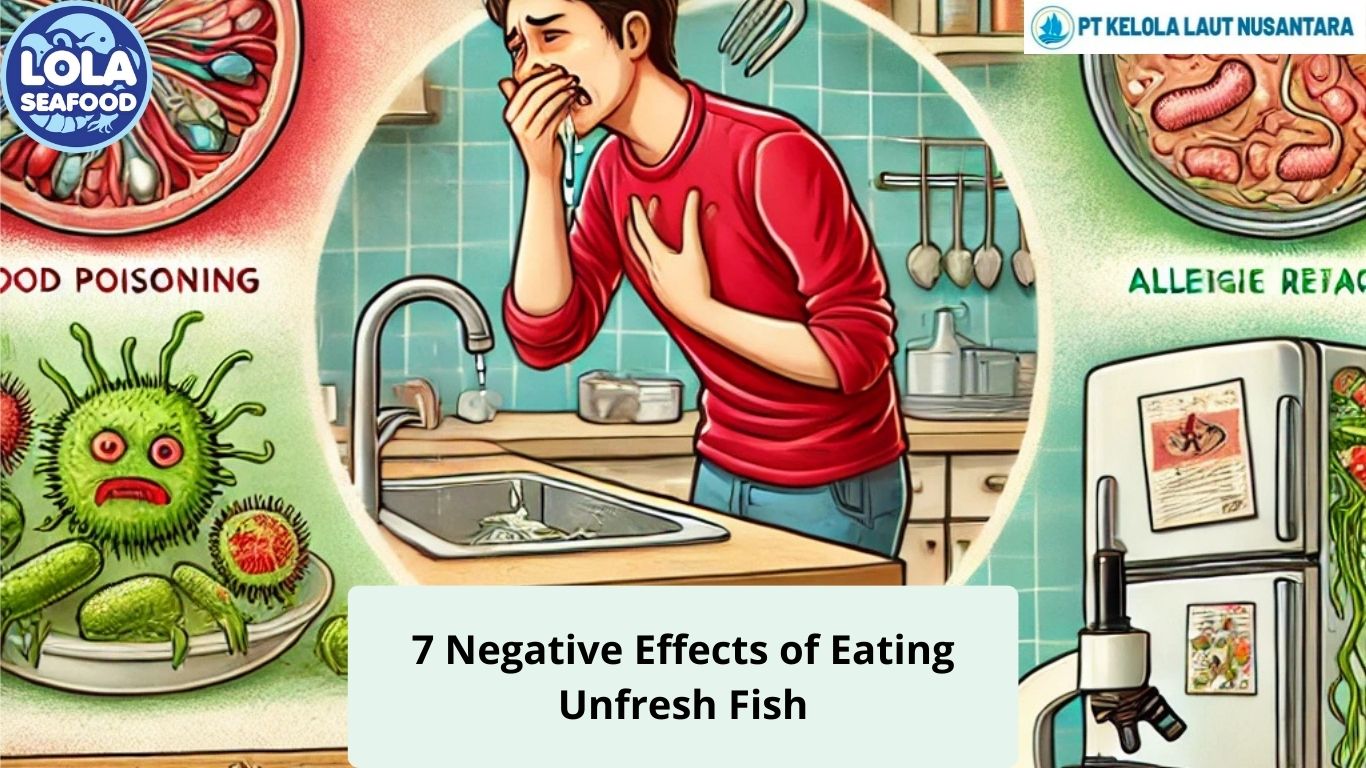Import Fishery Products to Indonesia
By. Wiwik Rasmini - 10 Jan 2025
kelolalaut.com Importing fishery products into Indonesia is subject to specific requirements and procedures regulated by the government to ensure food safety, environmental sustainability, and compliance with national trade policies. Below are the general steps and conditions to import fishery products into the country:
1. Import Licensing
Before importing fishery products, businesses must obtain an import license from the Ministry of Trade. The required licenses may include:
• General Importer Identification Number (API-U) or Producer Importer Identification Number (API-P).
• Specific permits for importing fishery products, such as a Fish Import Permit (Surat Izin Pemasukan Hasil Perikanan or SIPI).
2. Registration with Relevant Authorities
Importers must register with relevant authorities, including:
• The Ministry of Marine Affairs and Fisheries (KKP).
• The National Agency of Drug and Food Control (BPOM) for food safety standards.
• The Directorate General of Customs and Excise for customs clearance.
3. Product Certification
All fishery products must meet Indonesian food safety and quality standards, including:
• Health Certification from the country of origin, issued by an authorized agency.
• Quality Standards Compliance, such as proper labeling, packaging, and documentation.
4. Quarantine Inspection
Imported fishery products must undergo quarantine inspection conducted by the Fish Quarantine and Inspection Agency (BKIPM). This process ensures:
• Products are free from diseases and pests.
• Compliance with sanitary and phytosanitary measures.
5. Customs Clearance
The importer must complete customs clearance procedures, which include:
• Submission of required documents, such as a bill of lading, invoice, packing list, and import declaration.
• Payment of applicable import duties and taxes.
6. Restrictions and Prohibitions
Certain fishery products may be subject to import restrictions or bans based on:
• Environmental protection policies.
• Domestic production priorities to support local fisheries.
• Seasonal regulations, particularly for species under conservation programs.
7. Distribution and Marketing
Once cleared, imported products must adhere to distribution and marketing regulations, including:
• Compliance with labeling requirements in the Indonesian language.
• Proper storage and transportation to maintain product quality.
If you are interested in our coral trout fillet skin on, coral trout fillet skinless and coral trout whole round / whole gilled gutted scaled please do not hesitate to contact us through email and/or whatsapp
